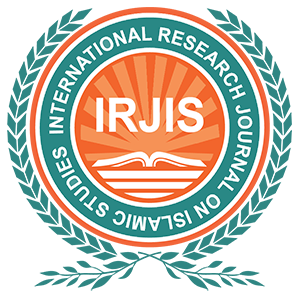Abstract:
This analytical study explores the concept of power-sharing in Islamic political thought through an exegetical examination of the Quran (via a interpretive analysis of the verses in Surah Yusuf), the Prophetic Sunnah (the practical examples of the Migration to Abyssinia and the Constitution of Medina), the historical period of the Rightly Guided Caliphs (based on the principles of Shura, accountability, and popular consent), and the ideas of contemporary Muslim scholars such as Rashid al-Ghannushi, Yusuf al-Qaradawi, Wahbah al-Zuhayli, Muhammad Hashim Kamali, and Abul A’la Maududi, investigating the scriptural legitimacy and modern application of this theory. The research reveals that the Quran and Sunnah provide legitimacy for sharing power with non-Islamic governments based on justice and public interest, while the Constitution of Medina established a clear tradition of political partnership grounded in mutual equality and collective justice in a multi-religious society. Although this was reflected practically during the Rashidun Caliphate in the form of Shura and accountability, the concept did not find a systematic form in later juristic traditions. However, the aforementioned contemporary scholars have revived this concept of power-sharing through renewed ijtihad, proving that it is, in fact, a requirement of the Maqasid al-Shari’ah (Objectives of Islamic Law) and Islamic ethics.
Keywords: Power-sharing, Islamic political thought, Shura, Maqasid al-Shari’ah, Contemporary ijtihad

